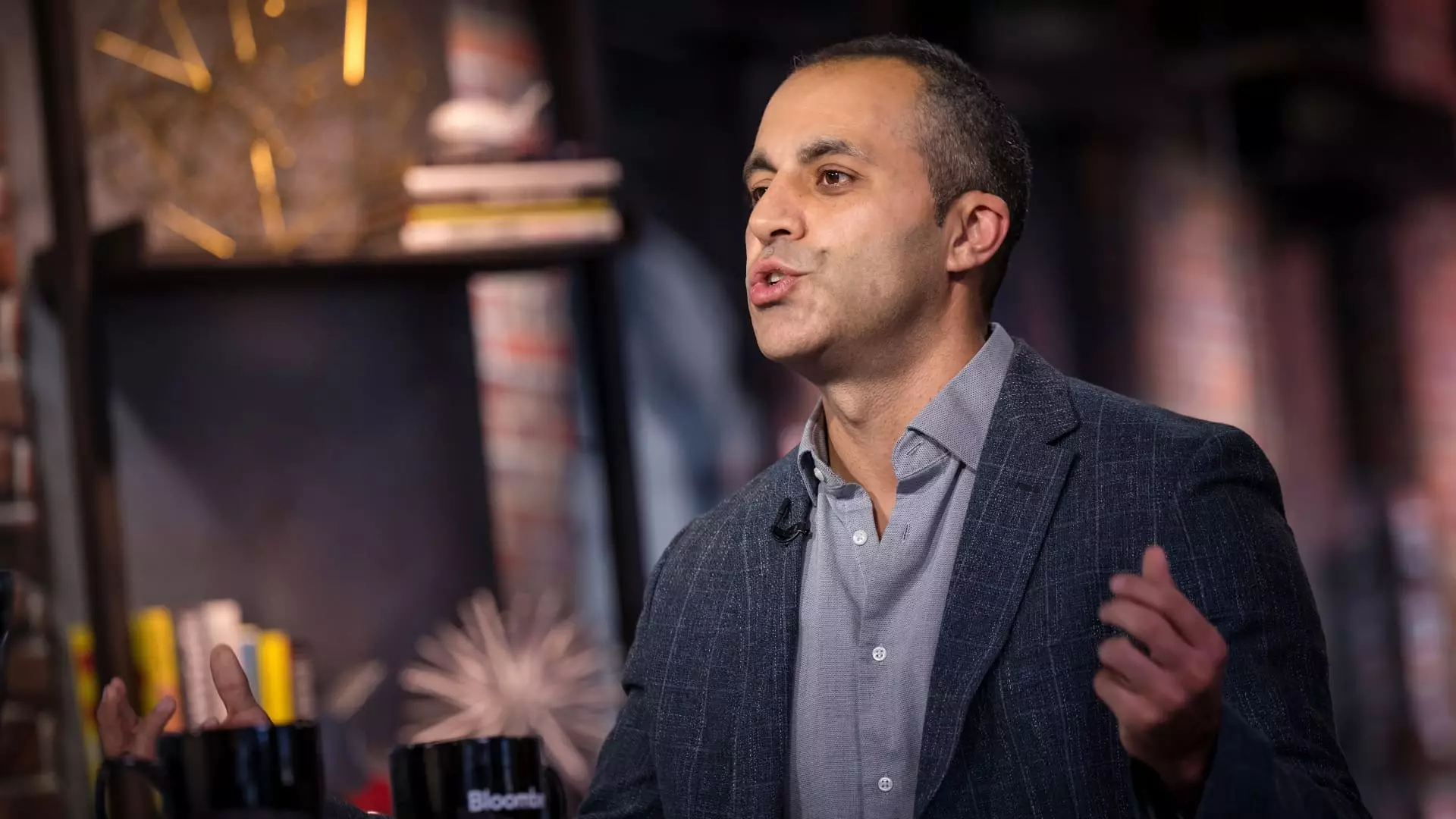In a rapidly evolving tech landscape, San Francisco-based Databricks has emerged as a formidable player, amassing considerable interest and investment as it embarks on another funding round projected to raise a minimum of $5 billion. With potential to reach up to $8 billion, these terms underscore the company’s estimated valuation of $55 billion, a mark that could possibly eclipse the recent record set by OpenAI in 2024. This funding initiative is not merely a tactic to garner capital; it serves multiple purposes, including providing employees an avenue to sell shares, which effectively alleviates the pressure for a public offering, or IPO.
The ongoing discussions surrounding this latest fundraising highlight a deliberate choice by Databricks to delay its public debut, emphasizing strategic growth over immediate market access. Unlike many of its peers, the company indicates it is in no rush to enter the stock market, a decision that is distinctly influenced by an environment of increased competition and fluctuating valuations in the software sector.
One of the intriguing dynamics surrounding this funding round is the focal point on employee liquidity. The provision for employees to liquidate shares effectively mitigates the urgent need for a liquidity event that often triggers the IPO process. This approach is particularly valuable to Databricks as it seeks to maintain morale and incentivize retention among its workforce, a critical factor in driving innovation and performance within the organization.
Moreover, as the company’s workforce expands alongside its burgeoning valuation, the strategic positioning reflects a long-term perspective, with an emphasis on sustainable growth rather than immediate financial returns through public trading. CEO Ali Ghodsi himself articulated this philosophy, acknowledging that the focus is on optimizing Databricks for future success rather than seeking quick market entry.
Founded in 2013, Databricks has positioned itself at the forefront of leveraging artificial intelligence to drive business insights and operations. By offering software solutions that enable enterprises to organize and analyze data, Databricks is not merely responding to current demands but actively shaping the future of how businesses engage with data. Their expertise extends across various sectors, with clients including giants such as AT&T and Walgreens utilizing their technology to process extensive data sets.
The acquisition of MosaicML this year, a sizeable investment of $1.3 billion focused on language models capable of generating coherent and contextually rich text, marks a significant commitment to expanding their technological capabilities. This strategic move comes at a particularly pivotal moment in the AI funding realm, where approximately one in three venture dollars has been funneled into AI startups according to CB Insights. Databricks, already buoyed by investments from notable entities like Nvidia and Andreessen Horowitz, seems positioned not just to participate in but to lead the AI funding narrative going forward.
The decision to remain a private entity comes amid broader struggles faced by software stocks, particularly those with IPO ambitions. Competitors like Snowflake have seen their stock prices dip sharply this year, prompting a cautious stance among potential IPO candidates. The situation serves as a reminder of the volatility inherent in public markets, especially in a climate marked by rising interest rates. This backdrop reinforces Databricks’ strategy, as they aim to avoid the turbulence that has historically plagued newly public tech firms.
Databricks’ strategic foresight also resonates with the growing recognition that optimal paths to innovation and market success do not necessarily require immediate public scrutiny. Such insights are affirmatively echoed in Ghodsi’s remarks from recent engagements where he hinted that IPO aspirations might not be on the imminent horizon, suggesting mid-next year or beyond as a potential timeframe.
As Databricks embarks on another significant funding initiative, its focus on sustainability and workforce satisfaction reflects a paradigm shift in how tech companies approach growth and liquidity. The company sits at a nexus of opportunity within the AI landscape, and its strategic decisions now will likely influence its trajectory for years to come. While the prospect of going public remains a component of the conversation, Databricks appears committed to holistically maximizing its potential before making such a pivotal move, a stance that may redefine conventional tech industry approaches within this new era of innovation.

